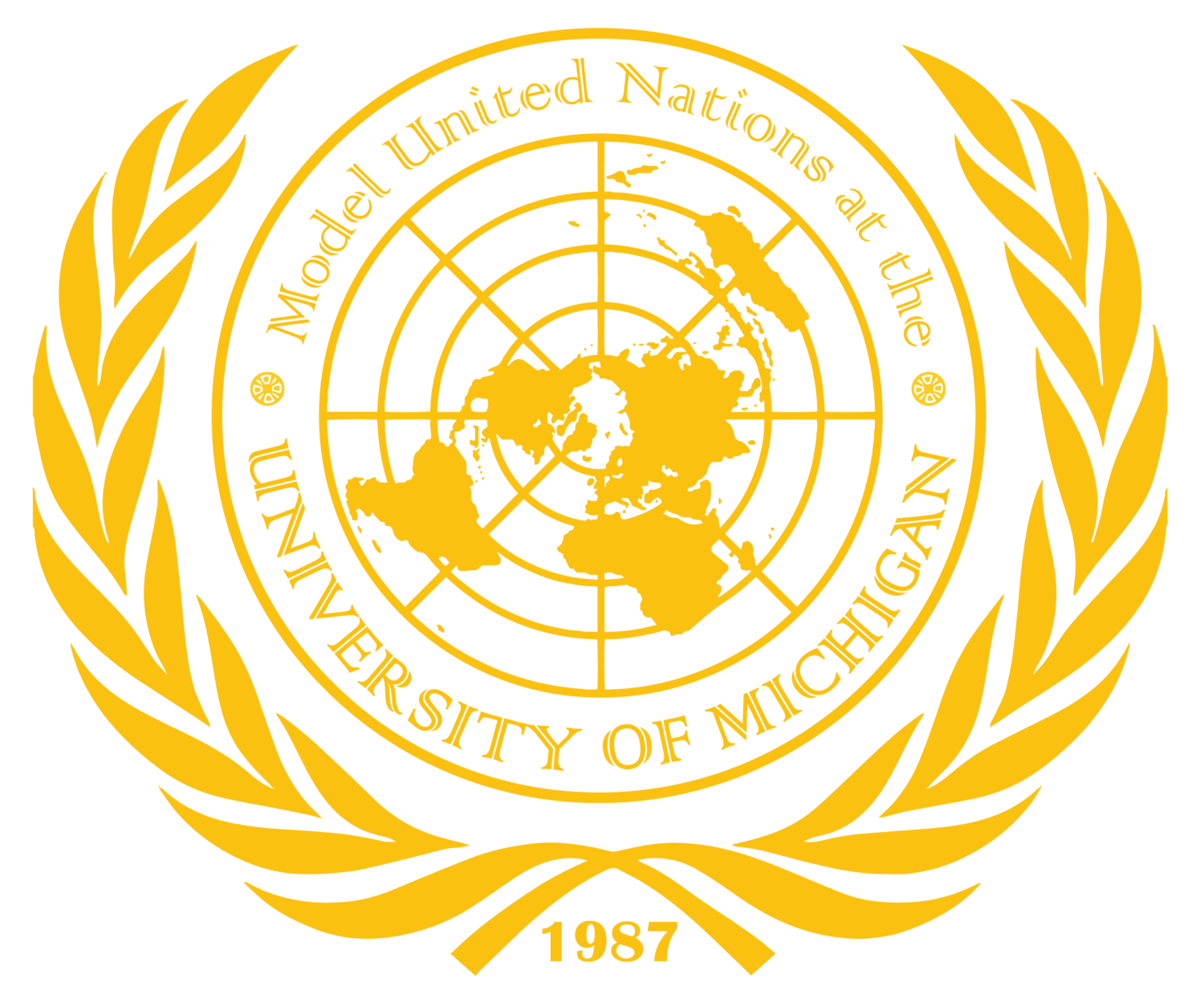by Elena Lu
It’s the summer of 1813, and the British Canada Cabinet is dreaming up some new battle strategies. According to a new directive sponsored by William Dummer Powell and Sir Isaac Brock, the “Quadfecta of Doom” is definitely happening, which lays out a plan for four simultaneous attacks on Fort Niagara from different directions. “We’re Canada, we got this,” Sir George Prevost stated confidently. “We are united, compared to the United States with […] the Federalists and the Democratic-Republicans that are fighting against each other about whether this war should exist. We know this war shouldn’t exist.”
Both the Americans and the British Canadians have been working hard. The U.S. Cabinet has been busy introducing directives such as “Drafty Boi,” “Maple Syrup,” and “Man in Black,” while Sir Herbert Sawyer of the British Canada Cabinet is in the process of training carrier pigeons. Prevost gave a statement of approval for Sawyer’s work and suggested that “the power of Canada will make [the pigeons] want to do even better.”
The British Canadians have been indulging in humorous discussions of possible war plans. They briefly considered masquerading as Americans and attempting to casually march through several states to D.C. on the Fourth of July. “We’re not burning your resources, it’s just fireworks,” Sir John Coape Sherbrooke joked. Later, Prevost proposed that they should “steal the ancestors to Lin Manuel Miranda and make them perform for us at York,” leading the Cabinet into a brief conversation about kidnapping various musicians and entertainers to boost morale in New York. On a more serious note, Prevost has been urging his fellow delegates to speak up: “As we learned from Charles Douglas Smith, may he rest in horrible, horrible fashion, […] when somebody is very quiet in this council, we can suspect that they are working with the Americans.” Smith himself has dropped all pretense of being quiet and is now very active in the U.S. Cabinet as Return Jonathon Meigs Jr.
Tensions are running high as the war continues. “This war is so pointless! What are we even trying to do?” Daniel Webster exclaimed in frustration this morning during a U.S. Cabinet session. Webster proceeded to send a message to British Canada Cabinet member George Stracey Smyth about potentially finding an end to the war. Daniel Webster’s intentions are still uncertain, but Smyth has requested proof of loyalty.
This afternoon, we received news that the British Canadians have now taken Boston, thanks to the sacrifice of a small force that diverted the U.S. troops right before the city’s capture. At the same time, an article was published in the Boston Gazette criticizing the U.S. government’s actions, including implementing the draft and nationalizing resources, as tyrannical. The general sentiment in Boston now seems to be that citizens resent being under British rule again but blame the U.S. government for the war. The British Canada Cabinet has commenced strategizing ways to end the war through negotiations as the U.S. Cabinet plans to retake Boston.
